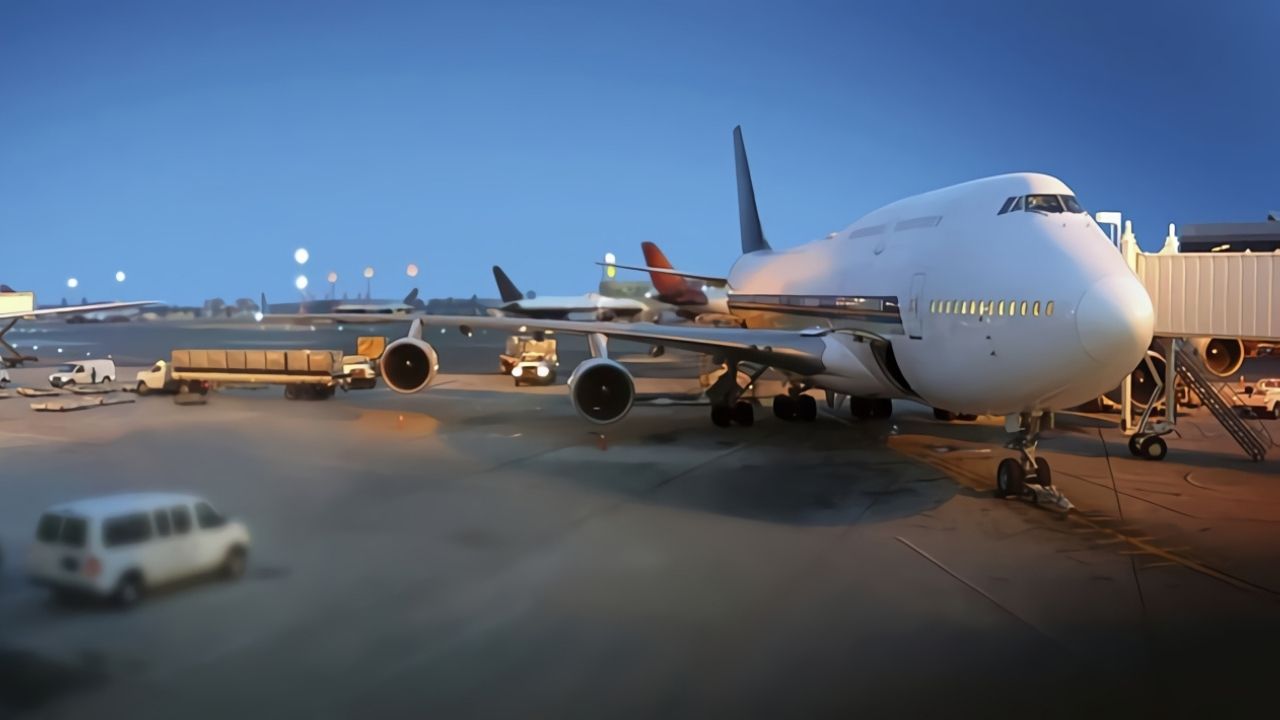Introduction:
Group safaris offer a unique opportunity for travelers to explore the wonders of the natural world while fostering camaraderie among participants. However, not all group members have the same interests, preferences, or expectations when embarking on a safari adventure. To address this diversity, safari operators have increasingly adopted a customized approach, tailoring experiences to meet the specific desires and requirements of each group. In this essay, we delve into the significance of customizing group safaris and explore how this approach enhances the overall experience for participants.
Understanding Group Dynamics:
Every group is composed of individuals with distinct backgrounds, interests, and comfort levels. Some may be wildlife enthusiasts eager for close encounters with iconic species, while others may prioritize cultural immersion or adventurous activities. Additionally, factors such as age, physical abilities, and dietary restrictions further contribute to the diversity within a group. Recognizing these differences is essential for designing a safari itinerary that caters to the collective preferences of all participants.
Personalized Itinerary Design:
Customizing group safaris begins with crafting a personalized itinerary that aligns with the interests and expectations of the participants. This process involves thorough consultation and collaboration between safari operators and group members. By gathering insights into the group’s preferences, operators can curate a diverse range of activities and experiences that cater to everyone’s interests.
For instance, a group comprising wildlife enthusiasts may prioritize game drives in renowned national parks and wildlife reserves, with an emphasis on spotting elusive species such as lions, leopards, and elephants. On the other hand, a group interested in cultural immersion may seek interactions with indigenous communities, visits to historical landmarks, and opportunities to learn about traditional practices and customs.
Flexibility and Adaptability:
One of the hallmarks of customized group safaris is flexibility. While a carefully crafted itinerary serves as a roadmap for the journey, unforeseen circumstances such as weather conditions, wildlife movements, or spontaneous opportunities may necessitate adjustments along the way. Safari operators must remain adaptable and responsive to the evolving needs and preferences of the group, ensuring that each day’s activities resonate with participants.
Moreover, flexibility extends beyond the itinerary to accommodate individual preferences and comfort levels. For example, some group members may prefer a leisurely pace during game drives, while others may seek more adrenaline-fueled experiences such as bush walks or hot air balloon safaris. By offering a variety of options and allowing participants to choose activities based on their interests, safari operators create a dynamic and inclusive environment that enhances the overall experience for everyone involved.
Tailored Accommodations and Amenities:
In addition to personalized activities, accommodations play a crucial role in shaping the safari experience. From luxury lodges to rustic bush camps, the choice of lodging can significantly impact comfort levels, ambiance, and overall satisfaction. Customized group safaris prioritize accommodations that reflect the preferences and budgetary considerations of the participants.
For instance, families with young children may prefer family-friendly lodges equipped with amenities such as swimming pools, childcare services, and spacious accommodations. Meanwhile, adventurous travelers may opt for tented camps nestled in remote wilderness areas, offering a more authentic and immersive safari experience. By offering a diverse range of lodging options, safari operators ensure that each group member feels comfortable and catered to throughout the journey.
Culinary Experiences:
Food plays an integral role in any travel experience, and safaris are no exception. Customized group safaris recognize the importance of culinary diversity and dietary preferences among participants. Whether it’s savoring traditional African cuisine, enjoying gourmet meals prepared by skilled chefs, or accommodating special dietary requirements, safari operators strive to create memorable dining experiences that cater to the palate of every group member.
Furthermore, culinary experiences extend beyond the dining table to include interactive cooking classes, bush breakfasts, and sundowner cocktails against breathtaking backdrops. By incorporating culinary diversity and innovation into the safari experience, operators enhance the overall enjoyment and satisfaction of participants, fostering a deeper connection with the destination and its culture.
Conclusion:
Customizing group safaris represents a paradigm shift in the way travelers experience and engage with the natural world. By tailoring experiences to meet the diverse preferences and expectations of group members, safari operators create immersive and inclusive journeys that leave a lasting impression on participants. From personalized itineraries and flexible accommodations to culinary delights and cultural encounters, customized group safaris offer a holistic approach to exploration and discovery. As travelers seek more meaningful and authentic experiences, the art of customization emerges as a pivotal element in shaping the future of safari tourism, ensuring that every journey is as unique and enriching as the individuals who embark on it.










